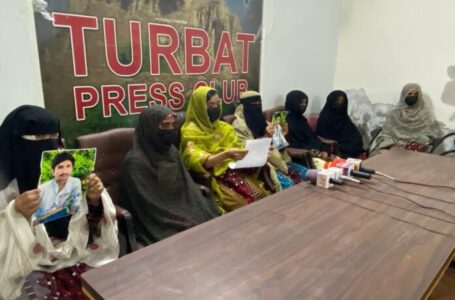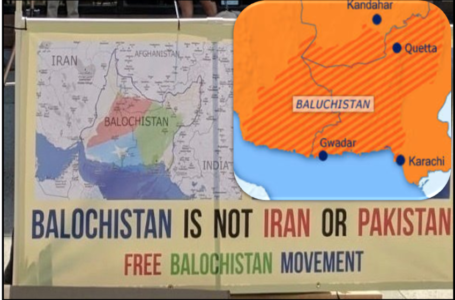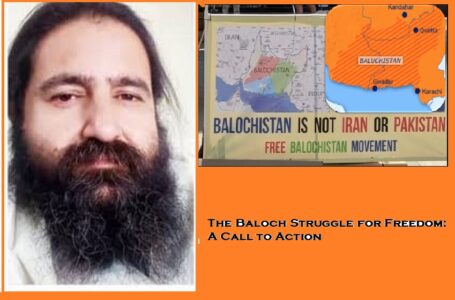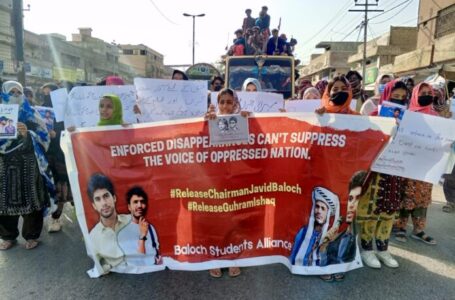The Silence of a Nation: Baluchistan Under Iranian Occupation
The Silence of a Nation: Baluchistan Under Iranian Occupation
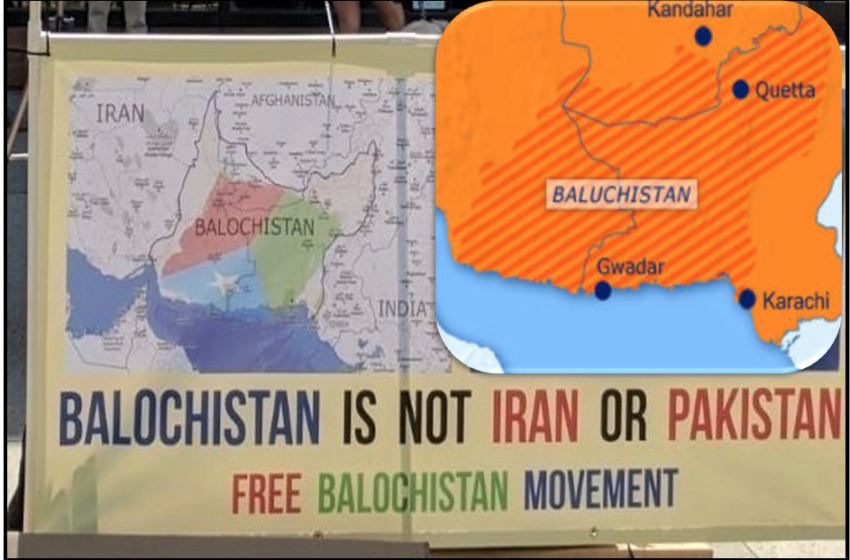
Raaji Baluch
The oppression faced by the Baluch people under Iranian occupation has become so routine that it now seems like an inevitable fate.
But what’s even more troubling is that this tragedy isn’t solely about the brutality of the occupiers. It’s also about the silence of the Baluch people themselves in the face of relentless storms Iranian state atrocities. While their lands are violated, their identity erased, and their beliefs insulted, there is little outcry.
Iran has committed a historic crime by occupying Baluchistan. It has stripped the Baluch identity, reduced it to ashes, and distorted history to such an extent that even the memories of a people have been stolen. Burzain Koh was renamed Koh-e-Alborz, Mashendaran became Mazandaran, and Gambaran was turned into Bandar Abbas—names taken, rewritten, and recorded in history as if they were always theirs.
The Iranian regime cut off the Baluch coast and divided it into artificial regions with no ties to Baluch history, naming them Hormozgan and Makran. It was as if their goal was to fragment the land until its stories faded from memory. They adorned this land with the marks of their oppression, hoping to erase the memory of a people who have lived here for thousands of years.
They seized Husseinabad and renamed it Zabol, dividing not only land but hearts. Yet the Baluch people welcomed these new rulers with hope—believing perhaps they would bring prosperity. But instead, they deceived and oppressed them, becoming a heavy burden on their lives and souls.
Cities were renamed: Dozzap became Zahedan, Pahra became Iranshahr, and every name that carried history was stripped of meaning. Do the occupiers truly believe that changing a name can extinguish the love for this land that lives in the hearts of its people?
Despite these imposed changes, the Baluch people have remained silent, carrying their pain without protest. Where is the fire of resistance? Where is the honour of the free?
Today, Baluchistan is a prison surrounded by barbed wire, disguised under names like Hormozgan and Makkoran, and no voice is raised. Homes are demolished, families are displaced, and poverty is used as collective punishment against those who refuse to abandon their land. Where is the conscience of the world? Can humanity truly fade so completely?
Occupation brings killing, displacement and theft—of both land and people. Even religion has been weaponised, with spiritual leaders turned into tools of the regime, justifying oppression rather than standing as voices of truth.
What is most astonishing is the enduring silence of the Baluch people in the face of such injustice. Will this patience one day transform into strength? Or will it dissolve into fear and indifference?
What troubles me even more is that many tribal leaders—those who should stand as protectors of their people—have instead become instruments of the occupiers. How can we witness the daily erosion of the Baluch nation’s honour and dignity, and still remain silent?
Today, our fight is not just for land—it is for identity itself. If we do not raise our voices now, no one will remember us tomorrow.
Allah says in Surah Ar-Ra’d: “Indeed, Allah does not change the condition of a people until they change what is within themselves.”
How much longer will the Baluch people remain silent? Isn’t it time to act? Isn’t it time to understand that change begins from within—from will, from dignity, from faith in God and from the determination to reclaim what is rightfully ours?




